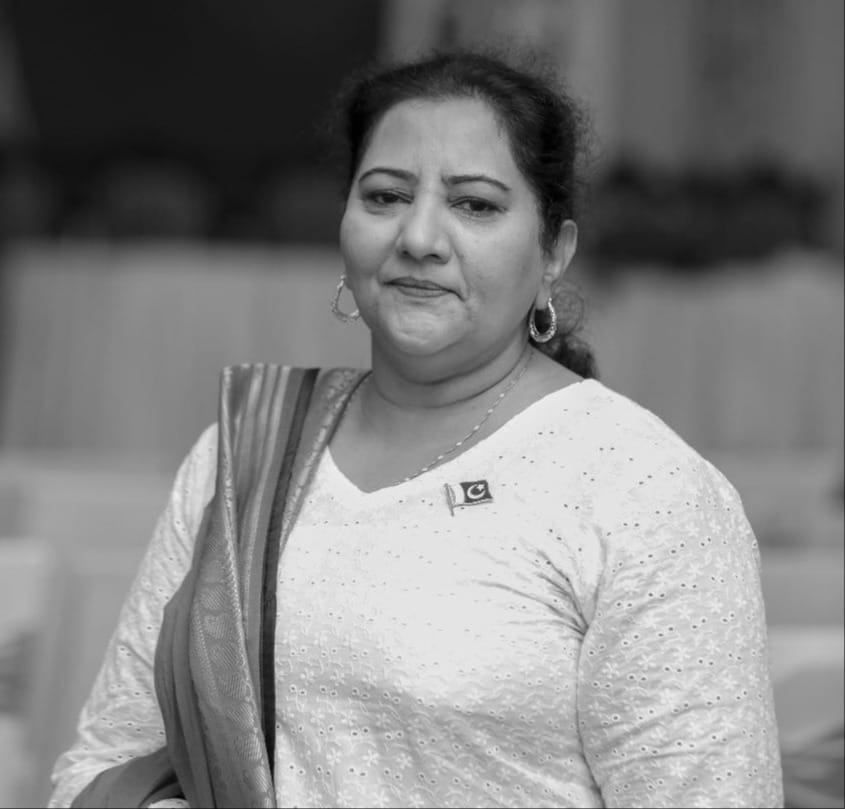By: Nabila Feroz Bhatti
On May 25, the Punjab Cabinet approved the Punjab Sikh Anand Karaj Marriage Registrar and Marriage Rules 2024, implementing the Punjab Sikh Anand Karaj Marriage Act 2018. The session, led by Chief Minister Maryam Nawaz Sharif, marked a historic moment for the Sikh community in Punjab.
Minister for Human Rights & Minorities Affairs, Sardar Ramesh Singh Arora, declared it a historic day, noting, “Punjab has become the first province in the world to implement the Sikh Marriage Act. Even in India, Sikhs have to register their marriages under the Hindu Act.”
The push for this law began in 2017 when then-parliamentarian Ramesh Singh Arora introduced it. Although the act was passed in 2018, bureaucratic delays and political instability stalled its implementation until now.
Arora explained the importance of the law, stating, “Sikhs in Pakistan were getting married, but without a legal procedure to register their marriages, many issues arose, including difficulties in divorce and inheritance matters.” Dr. Kalyan Singh, a professor at Government College University, shared a personal story highlighting the need for the law. His mother could not receive pension benefits after his father’s death due to their unregistered marriage.
Without marriage registration, children’s births could not be registered, preventing them from obtaining necessaryable documents like CNICs, which impacted their employment and other opportunities.
The original Anand Marriage Act was legalized in 1909 in greater India, allowing Sikhs to marry according to their religious customs. However, in Pakistan, Sikhs followed outdated laws that did not recognize Sikhism as a separate religion. The Punjab Sikh Anand Karaj Marriage Act 2018 now allows Sikhs tothe register their marriages, recognizing them as a distinct religious community.
The new act permits abandoned aged 18 and above to register their marriages in line with Sikh traditions. A five-member committee (Sangat) will handle disputes between couples. An Anand Karaj Registrar, authorized by the government, will issue marriage certificates.
Dr. Suman Bai expressed pride in the new law, saying it strengthens the recognition of Sikhs in society. Arora added that Sikhs from other provinces and countries could come to Punjab to register their marriages, though how foreigners coule use a Punjab-specific law remains unclear.
The act also addresses divorce procedures, requiring parties to notify the Chairman of their union council and attempts reconciliation through a conciliation committee.
The act overrides the Punjab Marriage Restraint (Amendment) Act 2015, setting the marriageable age for Sikhs at 18, thereby helping to combat child marriages.
Effective implementation of the law requires robust administrative measures and a local government system to work with the Anand Karaj Registrar. The government should license eligible Sikhs in various union councils to become registrars.
The Hindu Marriage Act 2017 applies in several provinces, while Sindh has its own Hindu marriage law. Recent amendments to the Christian Marriage Act aim to set the marriage age at 18 for both parties.
Efforts to end child marriage continue across Pakistan, with various bills proposing to standardize the legal marriage age at 18 for all.
The Punjab Sikh Anand Karaj Marriage Act 2018 represents a significant step forward for the Sikh community, ensuring their marriages are legally recognized and helping to address broader issues like child marriage and gender discrimination.
Nabila Feroz Bhatti is a human rights activist and columnist. She can be reached at [email protected] and on X: @NabilaFBhatti.


